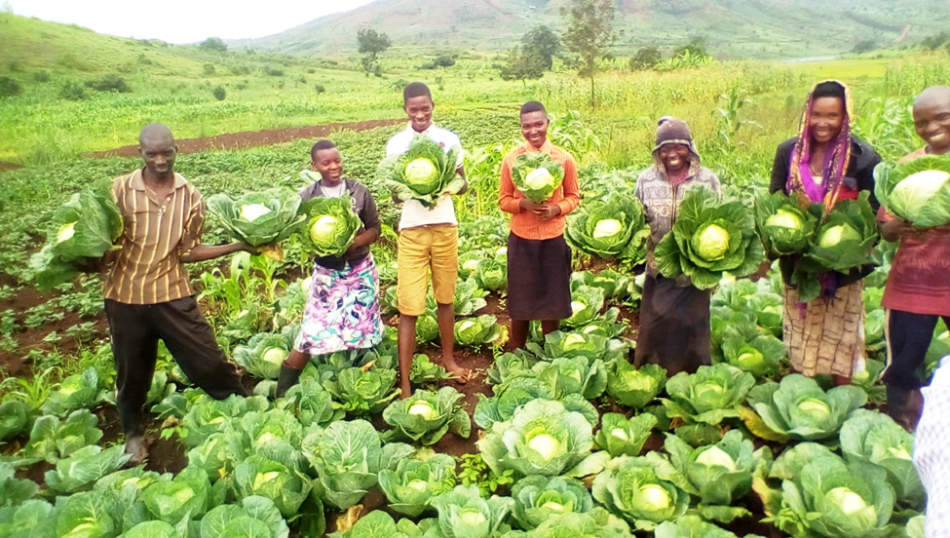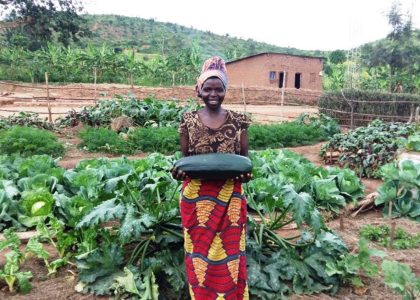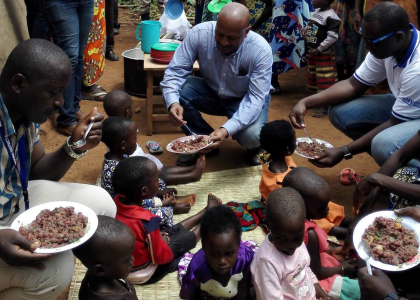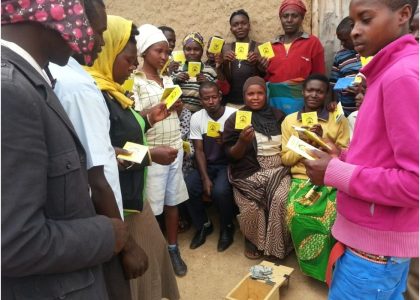YWCA Rwanda has been implementing the OXFAM/Irish Aid-funded Market Oriented Secure Livelihood Program in partnership with OXFAM International Rwanda across six districts: Gakenke, Rulindo, Muhanga, Kirehe, Nyamagabe, and Gicumbi. The program’s overall objective is to promote greater economic empowerment for women and youth and to foster gender equality in Rwanda. It seeks to achieve this by reducing the incidence of gender-based violence (GBV) in target communities and enhancing the representation of women in local governance structures.
The program encourages positive changes in knowledge, attitudes, and behaviors related to GBV, gender equality, and women’s leadership. This is done through the engagement of community champions and group peer educators, public campaigns, and the dissemination of GBV-related laws and policies to both local authorities and the wider community.
Additionally, the program boosts savings and access to finance among women and youth through the creation of Savings and Internal Lending Communities (SILC), connecting members with financial institutions such as SACCOs, and offering financial education and business enterprise support. Income generation is further strengthened through support to horticulture cooperatives, the provision of agricultural inputs and techniques, and on-farm coaching to improve productivity and resilience to agricultural shocks.
Key Achievements:
A total of 12,533 beneficiaries have been reached, including 8,179 females and 4,404 males across all districts. Specifically, 2,022 individuals benefited from economic empowerment activities in Kirehe (1,009 beneficiaries) and Gicumbi (1,013 beneficiaries). Additionally, 32 cooperatives in Kirehe and Gicumbi received agricultural inputs and materials.
Eighty SILC groups were formed and supported—40 in Gicumbi and 40 in Kirehe—comprising 1,849 members (1,321 female and 528 male). These groups collectively saved RWF 20,825,655, with RWF 6,827,513 loaned out to members.
Furthermore, 260 teen mothers received goats as part of efforts to support their economic and social reintegration. The program has also established strong collaboration with district partners, contributing to its smooth and effective implementation.





